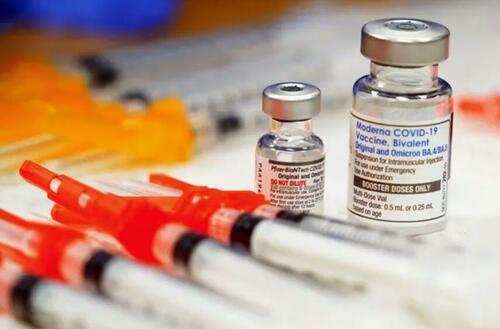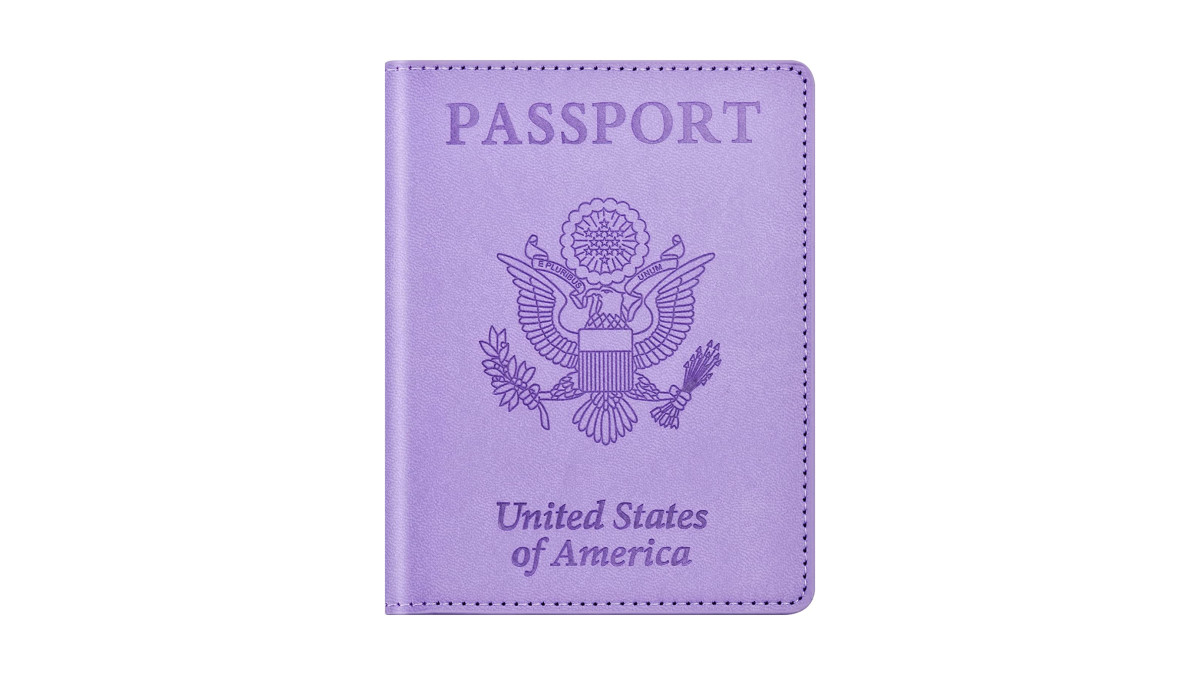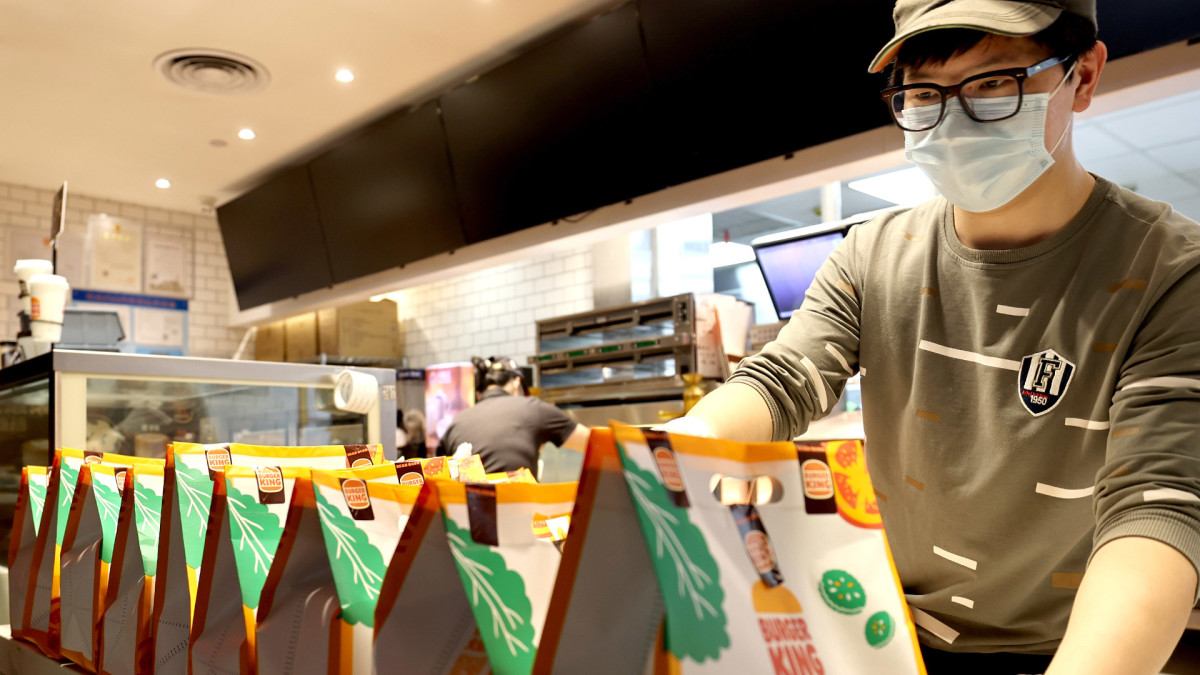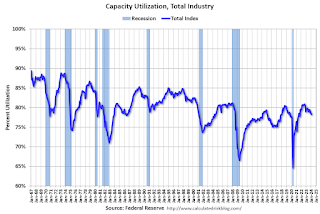Uncategorized
Journal Rejects Request To Retract Study Suggesting Negative COVID Vaccine Effectiveness
Journal Rejects Request To Retract Study Suggesting Negative COVID Vaccine Effectiveness
Authored by Zachary Stieber via The Epoch Times,
A…

Authored by Zachary Stieber via The Epoch Times,
A scientific journal is rejecting a request to retract a study that found people who received a COVID-19 booster were more likely to become infected when compared to unvaccinated people.
Analyzing numbers from California's prison system, a research group found that those who received one of the bivalent boosters had a higher infection rate than people who have never received a dose of a COVID-19 vaccine.
Their study was published by the journal Cureus following peer review.
Each study has an author who fields questions and comments. They are known as the corresponding author.
Cureus confirmed that the study's corresponding author has asked the journal to retract the article.
"I can confirm that we were contacted by the corresponding author with a request to retract. However, we have determined that there is no basis for retraction and therefore it will remain published," Graham Parker-Finger, director of publishing and customer success for Cureus, told The Epoch Times via email.
The study was listed as beginning to undergo peer review on Aug. 16. Peer review finished on Aug. 23. The paper was published on Sept. 4. The peer review has not been made public.
High School Student
Luke Ko, listed as the study's corresponding author, said that he's 17 years old and still in high school.
Mr. Ko told The Epoch Times in an email that while others are listed as co-authors, he was actually the sole author of the paper.
"I initiated this study independently, with dual aims: first, to showcase my analytical skills for college admissions, and second, to emphasize the importance of continuously administering updated vaccines to prisoners," Mr. Ko said.
Those listed as co-authors "had only given verbal commitments to serve as mentors," he added. "They were not given the chance to validate the data I entered, particularly the incorrect figures related to COVID-19 cases in prisons. Furthermore, they did not have the opportunity to review the final draft of the paper, which was submitted to Curesus.com [sic] without their approval."
Mr. Ko claimed to have used ChatGPT for analyzing the data used in the study and said he made "significant errors." He did not specify what the alleged errors were.
"All mentors mistakenly listed as co-authors share my desire to have the paper retracted," Mr. Ko said.
Mr. Ko has not responded to follow-up messages.
Investigating
The California Correctional Healthcare Services, for whom several of the listed co-authors work, said that an investigation into the paper is happening.
"We are currently looking into the details of this publication and cannot provide additional comments at this time," a spokesperson for the agency told The Epoch Times via email.
The agency declined to provide contact information for the authors it employs, Drs. Gary Malet, Huu Nguyen, and Robert Mayes.
A number listed for Dr. Malet was disconnected while a person who answered a number listed for Dr. Nguyen said it was the wrong number.
No contact information could be located for Dr. Mayes or Lisa Chang of Governors State University, the fifth listed co-author.
Study Result
The study's focus was the rate of COVID-19 infections from January to July among inmates. It divided inmates into three camps: those who received a bivalent shot, those who were vaccinated but had not received a bivalent, and the unvaccinated.
During the time period, there were 2,835 COVID-19 cases. Of those, 1,187 were among inmates who had received a bivalent, and 568 were among the unvaccinated.
Researchers also drew from vaccination records and found 36,609 inmates had received a bivalent, while 20,889 had received no shots.
The bivalent vaccines were introduced in the fall of 2022.
The researchers calculated infection rates for the bivalent vaccinated and the unvaccinated but excluded the third group, inmates who received a vaccine but not a bivalent, for unclear reasons.
The calculations resulted in the finding that the infection rate among the bivalent vaccinated was 3.2 percent, above the 2.7 percent in the never-vaccinated group.
The gap between the groups was the highest among those aged 65 and above, though it was described as not statistically significant.
The study stated that "the bivalent-vaccinated group had a slightly but statistically significantly higher infection rate than the unvaccinated group in the statewide category and the age ≥50 years category."
The conclusions claimed that the study "supports the benefits of COVID-19 vaccination at a population level, especially in vulnerable, high-density congregate settings."
Dr. Ray Andrews, a retired doctor, disagreed.
"The results showed the vaccines are not effective," he told The Epoch Times.
Other papers and observational data have also suggested the effectiveness of the vaccines, which have never had clinical trial efficacy data and were replaced by the U.S. Food and Drug Administration this month, plummets over time.
Cleveland Clinic researchers, for example, found in June that employees at the clinic who were "up to date" with their vaccines, or had received a bivalent dose, had a higher risk of becoming infected when compared to others.
Uncategorized
One city held a mass passport-getting event
A New Orleans congressman organized a way for people to apply for their passports en masse.

While the number of Americans who do not have a passport has dropped steadily from more than 80% in 1990 to just over 50% now, a lack of knowledge around passport requirements still keeps a significant portion of the population away from international travel.
Over the four years that passed since the start of covid-19, passport offices have also been dealing with significant backlog due to the high numbers of people who were looking to get a passport post-pandemic.
Related: Here is why it is (still) taking forever to get a passport
To deal with these concurrent issues, the U.S. State Department recently held a mass passport-getting event in the city of New Orleans. Called the "Passport Acceptance Event," the gathering was held at a local auditorium and invited residents of Louisiana’s 2nd Congressional District to complete a passport application on-site with the help of staff and government workers.
'Come apply for your passport, no appointment is required'
"Hey #LA02," Rep. Troy A. Carter Sr. (D-LA), whose office co-hosted the event alongside the city of New Orleans, wrote to his followers on Instagram (META) . "My office is providing passport services at our #PassportAcceptance event. Come apply for your passport, no appointment is required."
More Travel:
- A new travel term is taking over the internet (and reaching airlines and hotels)
- The 10 best airline stocks to buy now
- Airlines see a new kind of traveler at the front of the plane
The event was held on March 14 from 10 a.m. to 1 p.m. While it was designed for those who are already eligible for U.S. citizenship rather than as a way to help non-citizens with immigration questions, it helped those completing the application for the first time fill out forms and make sure they have the photographs and identity documents they need. The passport offices in New Orleans where one would normally have to bring already-completed forms have also been dealing with lines and would require one to book spots weeks in advance.
These are the countries with the highest-ranking passports in 2024
According to Carter Sr.'s communications team, those who submitted their passport application at the event also received expedited processing of two to three weeks (according to the State Department's website, times for regular processing are currently six to eight weeks).
While Carter Sr.'s office has not released the numbers of people who applied for a passport on March 14, photos from the event show that many took advantage of the opportunity to apply for a passport in a group setting and get expedited processing.
Every couple of months, a new ranking agency puts together a list of the most and least powerful passports in the world based on factors such as visa-free travel and opportunities for cross-border business.
In January, global citizenship and financial advisory firm Arton Capital identified United Arab Emirates as having the most powerful passport in 2024. While the United States topped the list of one such ranking in 2014, worsening relations with a number of countries as well as stricter immigration rules even as other countries have taken strides to create opportunities for investors and digital nomads caused the American passport to slip in recent years.
A UAE passport grants holders visa-free or visa-on-arrival access to 180 of the world’s 198 countries (this calculation includes disputed territories such as Kosovo and Western Sahara) while Americans currently have the same access to 151 countries.
stocks pandemic covid-19 grantsUncategorized
Fast-food chain closes restaurants after Chapter 11 bankruptcy
Several major fast-food chains recently have struggled to keep restaurants open.

Competition in the fast-food space has been brutal as operators deal with inflation, consumers who are worried about the economy and their jobs and, in recent months, the falling cost of eating at home.
Add in that many fast-food chains took on more debt during the covid pandemic and that labor costs are rising, and you have a perfect storm of problems.
It's a situation where Restaurant Brands International (QSR) has suffered as much as any company.
Related: Wendy's menu drops a fan favorite item, adds something new
Three major Burger King franchise operators filed for bankruptcy in 2023, and the chain saw hundreds of stores close. It also saw multiple Popeyes franchisees move into bankruptcy, with dozens of locations closing.
RBI also stepped in and purchased one of its key franchisees.
"Carrols is the largest Burger King franchisee in the United States today, operating 1,022 Burger King restaurants in 23 states that generated approximately $1.8 billion of system sales during the 12 months ended Sept. 30, 2023," RBI said in a news release. Carrols also owns and operates 60 Popeyes restaurants in six states."
The multichain company made the move after two of its large franchisees, Premier Kings and Meridian, saw multiple locations not purchased when they reached auction after Chapter 11 bankruptcy filings. In that case, RBI bought select locations but allowed others to close.
Image source: Chen Jianli/Xinhua via Getty
Another fast-food chain faces bankruptcy problems
Bojangles may not be as big a name as Burger King or Popeye's, but it's a popular chain with more than 800 restaurants in eight states.
"Bojangles is a Carolina-born restaurant chain specializing in craveable Southern chicken, biscuits and tea made fresh daily from real recipes, and with a friendly smile," the chain says on its website. "Founded in 1977 as a single location in Charlotte, our beloved brand continues to grow nationwide."
Like RBI, Bojangles uses a franchise model, which makes it dependent on the financial health of its operators. The company ultimately saw all its Maryland locations close due to the financial situation of one of its franchisees.
Unlike. RBI, Bojangles is not public — it was taken private by Durational Capital Management LP and Jordan Co. in 2018 — which means the company does not disclose its financial information to the public.
That makes it hard to know whether overall softness for the brand contributed to the chain seeing its five Maryland locations after a Chapter 11 bankruptcy filing.
Bojangles has a messy bankruptcy situation
Even though the locations still appear on the Bojangles website, they have been shuttered since late 2023. The locations were operated by Salim Kakakhail and Yavir Akbar Durranni. The partners operated under a variety of LLCs, including ABS Network, according to local news channel WUSA9.
The station reported that the owners face a state investigation over complaints of wage theft and fraudulent W2s. In November Durranni and ABS Network filed for bankruptcy in New Jersey, WUSA9 reported.
"Not only do former employees say these men owe them money, WUSA9 learned the former owners owe the state, too, and have over $69,000 in back property taxes."
Former employees also say that the restaurant would regularly purchase fried chicken from Popeyes and Safeway when it ran out in their stores, the station reported.
Bojangles sent the station a comment on the situation.
"The franchisee is no longer in the Bojangles system," the company said. "However, it is important to note in your coverage that franchisees are independent business owners who are licensed to operate a brand but have autonomy over many aspects of their business, including hiring employees and payroll responsibilities."
Kakakhail and Durranni did not respond to multiple requests for comment from WUSA9.
bankruptcy pandemicUncategorized
Industrial Production Increased 0.1% in February
From the Fed: Industrial Production and Capacity Utilization
Industrial production edged up 0.1 percent in February after declining 0.5 percent in January. In February, the output of manufacturing rose 0.8 percent and the index for mining climbed 2.2 p…

Industrial production edged up 0.1 percent in February after declining 0.5 percent in January. In February, the output of manufacturing rose 0.8 percent and the index for mining climbed 2.2 percent. Both gains partly reflected recoveries from weather-related declines in January. The index for utilities fell 7.5 percent in February because of warmer-than-typical temperatures. At 102.3 percent of its 2017 average, total industrial production in February was 0.2 percent below its year-earlier level. Capacity utilization for the industrial sector remained at 78.3 percent in February, a rate that is 1.3 percentage points below its long-run (1972–2023) average.Click on graph for larger image.
emphasis added
This graph shows Capacity Utilization. This series is up from the record low set in April 2020, and above the level in February 2020 (pre-pandemic).
Capacity utilization at 78.3% is 1.3% below the average from 1972 to 2022. This was below consensus expectations.
Note: y-axis doesn't start at zero to better show the change.
 The second graph shows industrial production since 1967.
The second graph shows industrial production since 1967.Industrial production increased to 102.3. This is above the pre-pandemic level.
Industrial production was above consensus expectations.
-

 Uncategorized3 weeks ago
Uncategorized3 weeks agoAll Of The Elements Are In Place For An Economic Crisis Of Staggering Proportions
-

 International1 week ago
International1 week agoEyePoint poaches medical chief from Apellis; Sandoz CFO, longtime BioNTech exec to retire
-

 Uncategorized4 weeks ago
Uncategorized4 weeks agoCalifornia Counties Could Be Forced To Pay $300 Million To Cover COVID-Era Program
-

 Uncategorized3 weeks ago
Uncategorized3 weeks agoApparel Retailer Express Moving Toward Bankruptcy
-

 Uncategorized4 weeks ago
Uncategorized4 weeks agoIndustrial Production Decreased 0.1% in January
-

 International1 week ago
International1 week agoWalmart launches clever answer to Target’s new membership program
-

 Spread & Containment2 days ago
Spread & Containment2 days agoIFM’s Hat Trick and Reflections On Option-To-Buy M&A
-

 Uncategorized4 weeks ago
Uncategorized4 weeks agoRFK Jr: The Wuhan Cover-Up & The Rise Of The Biowarfare-Industrial Complex



















